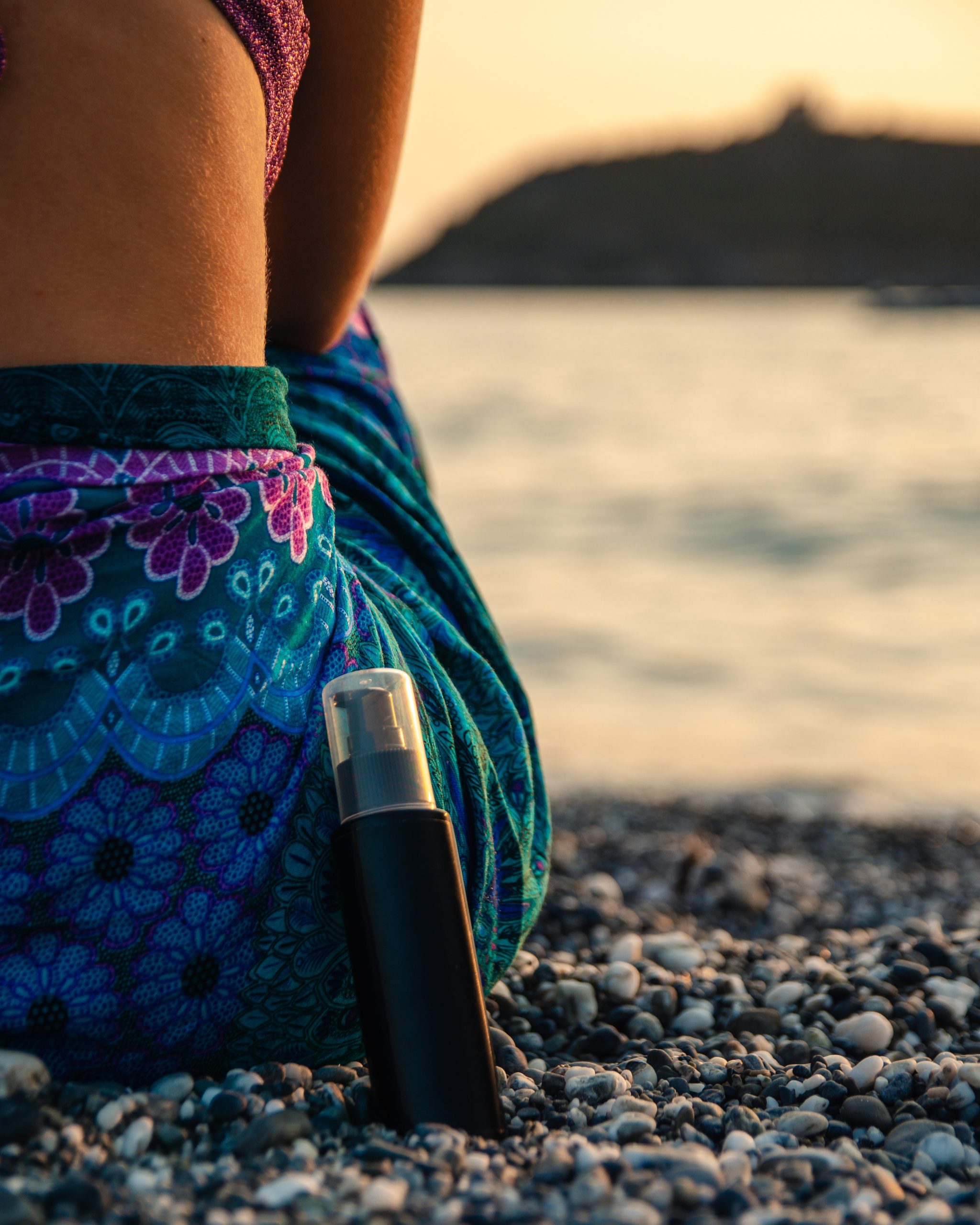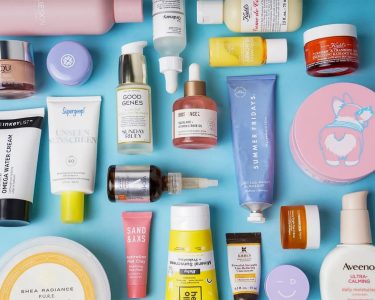Introduction:
When it comes to sunscreen, most people prioritize protection against harmful UV rays. However, it is equally important to scrutinize the ingredients used in sunscreen formulations. One ingredient that has been raising concerns in recent years is retinyl palmitate. In this report, we delve into the potential harm associated with retinyl palmitate in sunscreen and discuss why it’s crucial to say no to this ingredient for the sake of our skin health.
Understanding Retinyl Palmitate:
Retinyl palmitate is a derivative of vitamin A that is commonly used in various skincare products, including sunscreens. It is believed to have antioxidant properties and is often added to sunscreen formulations for its potential benefits in reducing signs of aging and supporting skin health.
The Dangers of Retinyl Palmitate in Sunscreen:
1. Increased Sensitivity to Sunlight:
Contrary to its intended purpose of sun protection, retinyl palmitate can actually increase the skin’s sensitivity to sunlight. Studies have shown that when retinyl palmitate is exposed to UV radiation, it can produce free radicals that damage skin cells and DNA. This can potentially lead to an increased risk of sunburn and skin damage.
2. Photosensitivity and Sunburn:
Retinyl palmitate has been found to cause photosensitivity, making the skin more susceptible to sunburn. When combined with UV exposure, retinyl palmitate can break down and release harmful byproducts that generate free radicals. These free radicals can cause cellular damage and inflammation, contributing to sunburn and potential long-term skin damage.
3. Oxidative Stress and DNA Damage:
The formation of free radicals induced by retinyl palmitate and UV exposure can result in oxidative stress within the skin. Oxidative stress can lead to cellular damage, including DNA damage, which is a potential precursor to skin aging and the development of skin cancers.
4. Contradiction with Sunscreen’s Main Purpose:
The inclusion of retinyl palmitate in sunscreen formulations seems contradictory since it can potentially compromise the very purpose of sun protection. While the long-term effects of retinyl palmitate in sunscreen are still being researched, caution is warranted, especially when it comes to protecting our skin from the damaging effects of the sun.
Choosing Safer Sunscreen Alternatives:
1. Mineral Sunscreens:
Opt for mineral sunscreens that use zinc oxide or titanium dioxide as their active ingredients. These minerals work by physically blocking and scattering UV rays, providing effective protection without the potential risks associated with retinyl palmitate.
2. Broad-Spectrum Protection:
Select sunscreen products labeled as “broad-spectrum,” which means they provide protection against both UVA and UVB rays. This ensures comprehensive coverage and shields the skin from the full range of damaging UV radiation.
3. Check Ingredient Lists:
Always read the ingredient lists of sunscreen products carefully. Look for retinyl palmitate or any other forms of vitamin A, such as retinol or retinyl acetate. If these ingredients are present, consider choosing an alternative sunscreen without them.
4. Seek Expert Advice:
Consult with a dermatologist or skincare professional to get personalized recommendations on sunscreen options that suit your specific needs. They can guide you toward safer and more effective choices while considering factors like skin type, sun sensitivity, and other individual considerations.
Conclusion:
Retinyl palmitate, a derivative of vitamin A commonly found in sunscreen products, poses potential risks to our skin health. From increased sensitivity to sunlight and photosensitivity to oxidative stress and DNA damage, the presence of this ingredient contradicts the main purpose of sunscreen. By choosing safer alternatives like
mineral sunscreens and seeking expert advice, we can prioritize effective sun protection without exposing ourselves to the potential harm of retinyl palmitate. It’s time to say no to this ingredient and prioritize the health of our skin.




